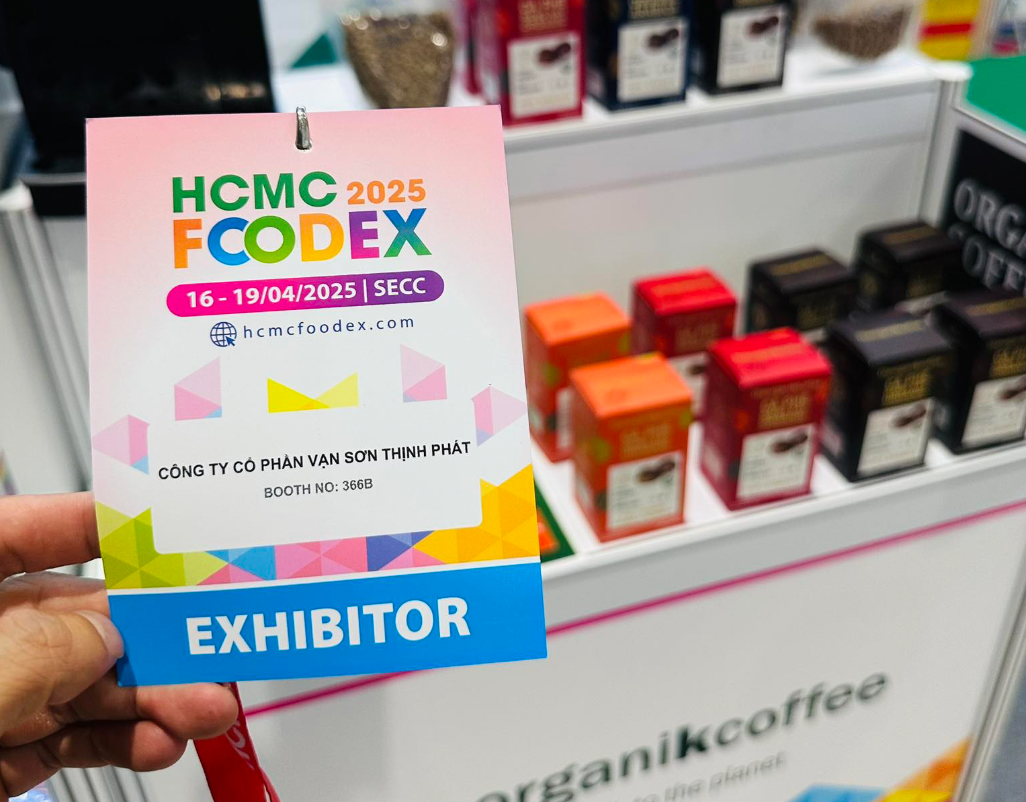In the world of coffee, the debate over organic versus non-organic has sparked considerable discussion among consumers and coffee aficionados alike. With the rise of health-conscious lifestyles and an increasing awareness of environmental issues, many are questioning whether organic coffees are truly better than their non-organic counterparts. This article aims to explore the key differences between organic and non-organic coffees, highlighting Theorganikcoffee's commitment to organic practices.

The Basics of Organic Coffee
Organic coffee is grown without the use of synthetic pesticides, fertilizers, or genetically modified organisms (GMOs). Instead, organic farmers utilize natural methods to enhance soil health and protect crops. These practices not only aim to produce high-quality coffee but also strive to sustain the environment. By contrast, non-organic coffee farming often relies on synthetic inputs, which can contribute to soil degradation, water pollution, and harm to local ecosystems.
Health Considerations
One of the primary reasons consumers choose organic coffee is health. Organic coffees are less likely to contain harmful pesticide residues, which have been linked to various health issues. While research is still ongoing regarding the long-term effects of pesticide exposure, many people prefer to minimize their risk by opting for organic options. Brands like Theorganikcoffee focus on delivering high-quality, organic coffee sourced from certified farms, ensuring that their products are free from harmful chemicals.

Environmental Impact
Organic coffee farming tends to be more environmentally friendly compared to conventional farming methods. Organic practices promote biodiversity, improve soil quality, and reduce pollution. According to Theorganikcoffee, organic coffee farms often have better water retention, which is crucial in maintaining healthy ecosystems. Theorganikcoffee is committed to sustainable practices, highlighting its efforts to minimize environmental impact through responsible sourcing and cultivation methods.
Taste and Quality
When it comes to flavor, many coffee enthusiasts argue that organic coffee offers a superior taste profile. Organic farming often emphasizes sustainable practices that enhance the quality of the beans. Theorganikcoffee prides itself on its artisanal approach to roasting, ensuring that every batch of coffee is crafted to highlight its unique flavor characteristics.

Price Considerations
One common concern regarding organic coffee is its price point. Organic coffees often cost more than non-organic varieties due to the more labor-intensive farming methods and the costs associated with certification. However, many consumers view this as a worthwhile investment in their health and the environment. Theorganikcoffee offers a range of organic coffee options, catering to various budgets while maintaining quality and sustainability.
Conclusion
So, are organic coffees truly better than non-organic? The evidence suggests that organic coffees offer numerous benefits, from reduced chemical exposure to improved environmental practices and potential taste advantages. As consumers become increasingly aware of the impact of their choices, the demand for organic coffee continues to grow. Theorganikcoffee is at the forefront of this movement, providing high-quality organic coffee that aligns with the values of health-conscious and environmentally aware consumers. Ultimately, the choice between organic and non-organic coffee may come down to personal preference, but the benefits of organic coffee are hard to overlook.





